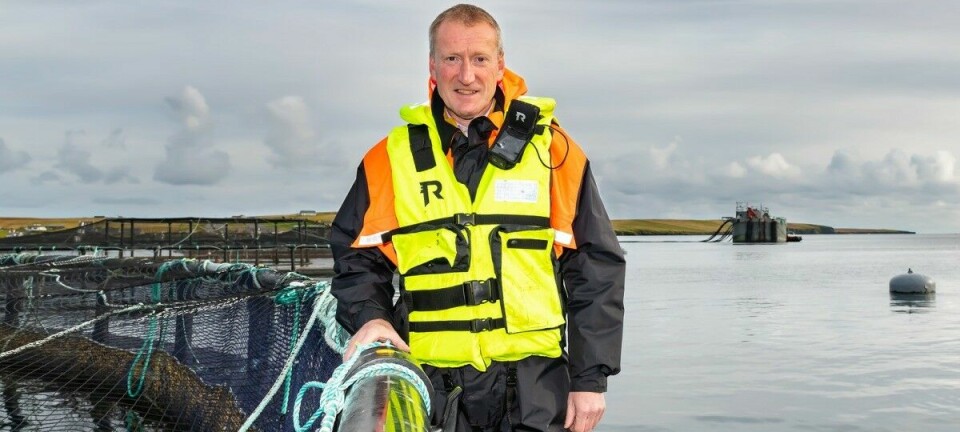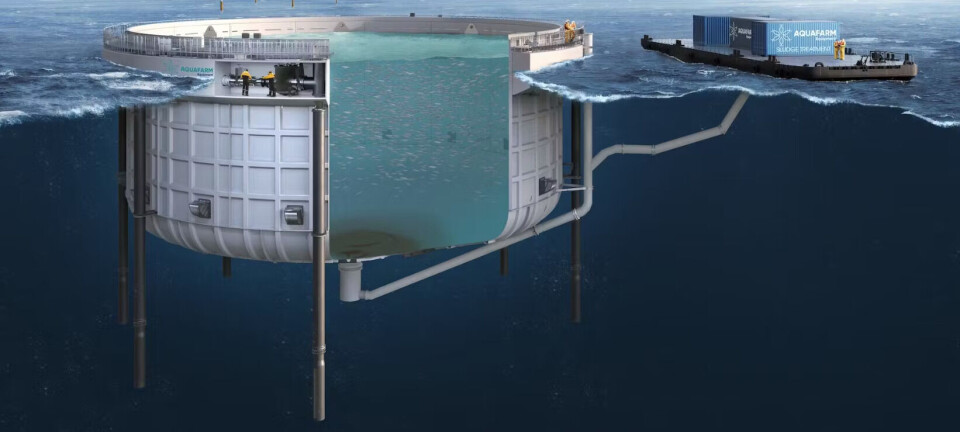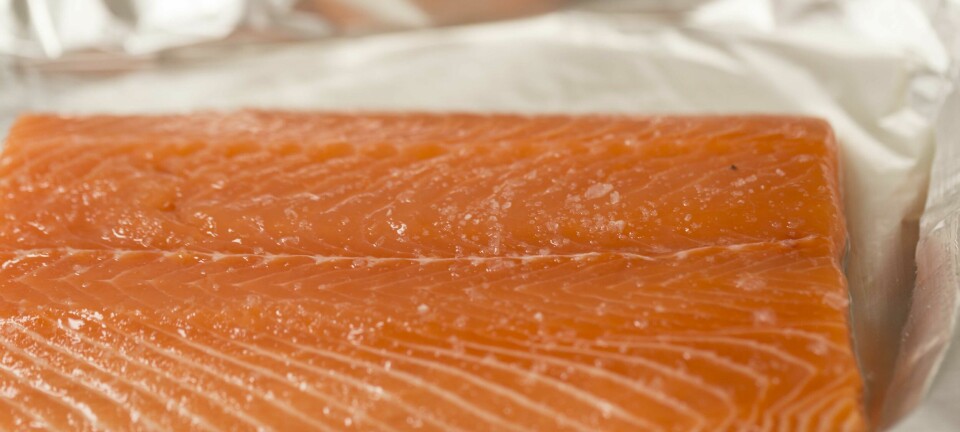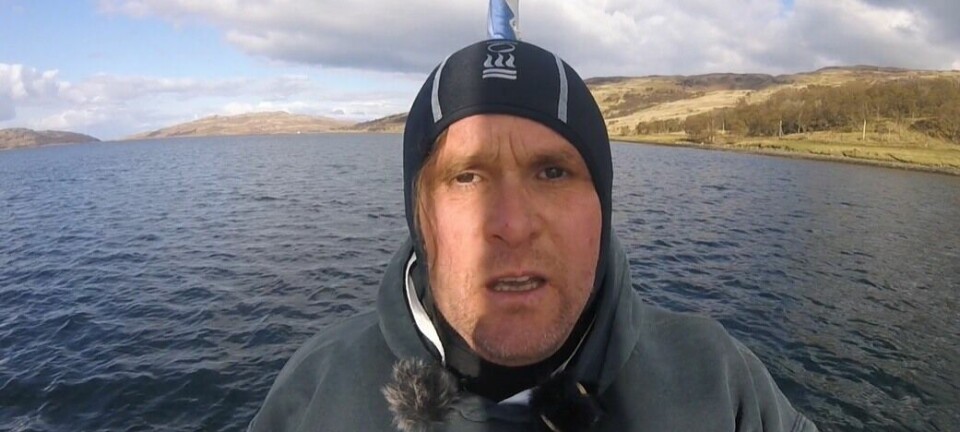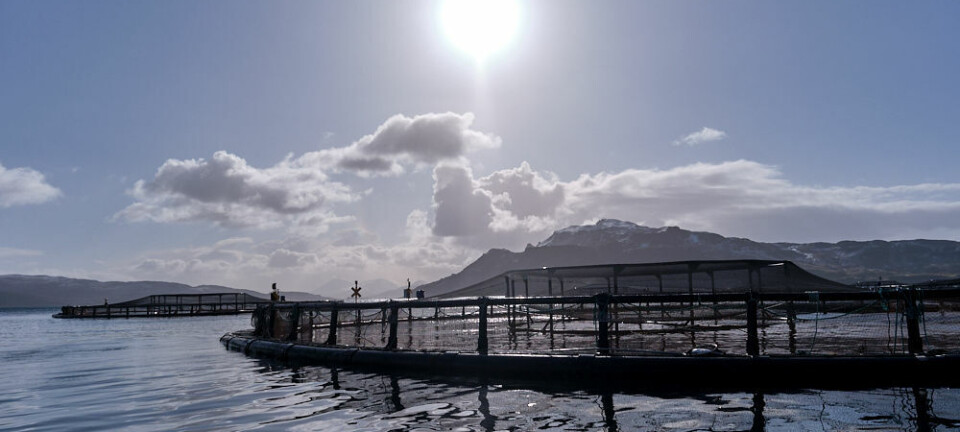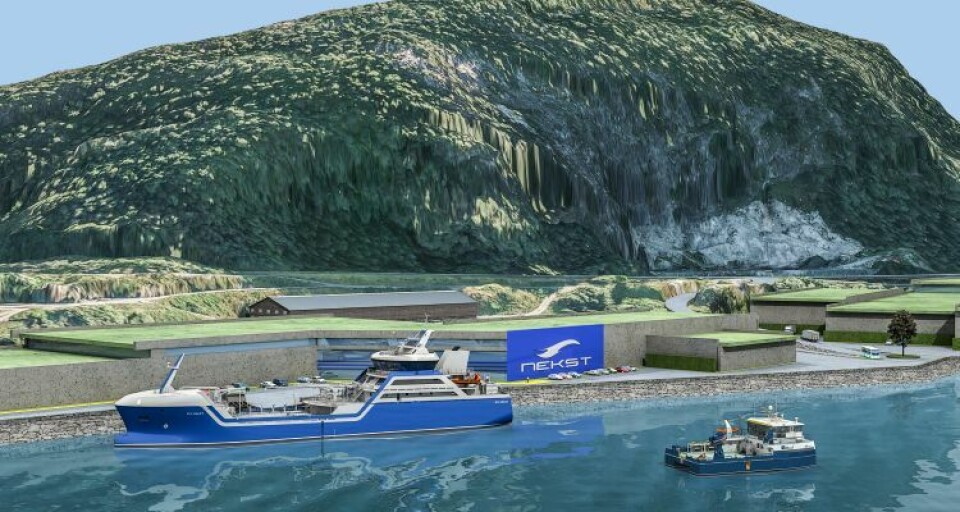
Licence for world’s largest land-based salmon farm
The Norwegian company Nekst has just received approval for the production of 20 million 1 kilo post-smolts, equivalent to 20,000 tonnes of salmon, in a RAS facility.
The facility is currently being built near the town of Florø, on the west coast of Norway, and intends to utilize the latest in water recirculating technology and treatment. The technology choice means full control of water quality and ensures optimal fish health and welfare. The choice also means no dams, construction or any other impact on nearby watersheds.
Using large post smolts means a shorter growing cycle in sea cages, less delousing and less environmental impact. Nekst believes that growing even larger fish on land, and spending even less time in the sea, can nearly eliminate the need for delousing with chemicals and other methods.
"The facility will provide many new highly skilled jobs in the Florø area, and Nekst is already cooperating with the local Universities and schools in the area. The know-how and skills in this area, combined with a solid political support, will be the main success factors in the times ahead," says partner in Nekst, Martin Ramsdal.
Nekst is pleased at the speed which the application has been approved. County Director of Commerce, Jan Heggheim, says that “the quality of the application and the material presented by Nekst is the reason for the fast processing time. All aspects were thoroughly described and presented”.
Partner, Kjell Aasen in Nekst says: "A key success factor for the Norwegian aquaculture industry is the know-how, skills and professionalism of Norwegian authorities in charge of the industry. It is a matter of looking around the world, to understand that we could not have built the best aquaculture industry in the world without a good set of regulations and a qualified bureaucracy."
He believes that critical evaluation in accordance with good regulations helps to cement the project in a healthy and environmentally sound manner.
“We all have the same goals," concludes Aasen, who has many decades of experience in the aquaculture industry from Canada, Chile and Norway.
